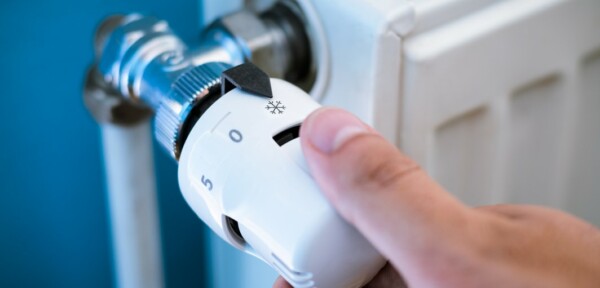EPC Fuel Costs Updated.

The fuel prices used to calculate the running costs and savings on the EPC are maintained by BRE. Usually, adjustments are made twice a year to reflect any changes in fuel costs, but BRE has recently updated these outside of the regular timetable.
Normally the fuel prices used to calculate the estimated energy costs and savings for recommendations on EPCs are updated every six months. This is based on a rolling average of prices from the previous three years. However, because of the recent unusually high energy price increases, BRE decided to change this and adjust the fuel prices, bringing the EPC more in line with the costs householders are likely to be experiencing.
The new fuel costs came into effect on 15th February, with the unit price of all fuel types increasing by varying degrees. Mains gas has increased the most, going up 129% from the January costs, whilst electricity has gone up by 63%.
These fuel price increases do not impact the SAP rating itself; this continues to use the fixed costs in SAP 2012 to ensure there is no discontinuity of the rating.
This is an important update as it means a more accurate estimation of the financial benefits to retrofitting can be seen on the EPC – an improvement for the whole housing industry, from individual homeowners looking to save some money on their bills, to social housing landlords carrying out stock-wide changes.
Dr. Lisa Blake, Head of Technical at Sava, is pleased to see the changes stating: “The EPC is a useful tool for homeowners, tenants, and social landlords to be able to assess the energy efficiency of housing. Ensuring the energy costs displayed on the EPC reflect real-use energy prices will increase confidence in the EPC and hopefully increase the installation of energy efficiency recommendations.”